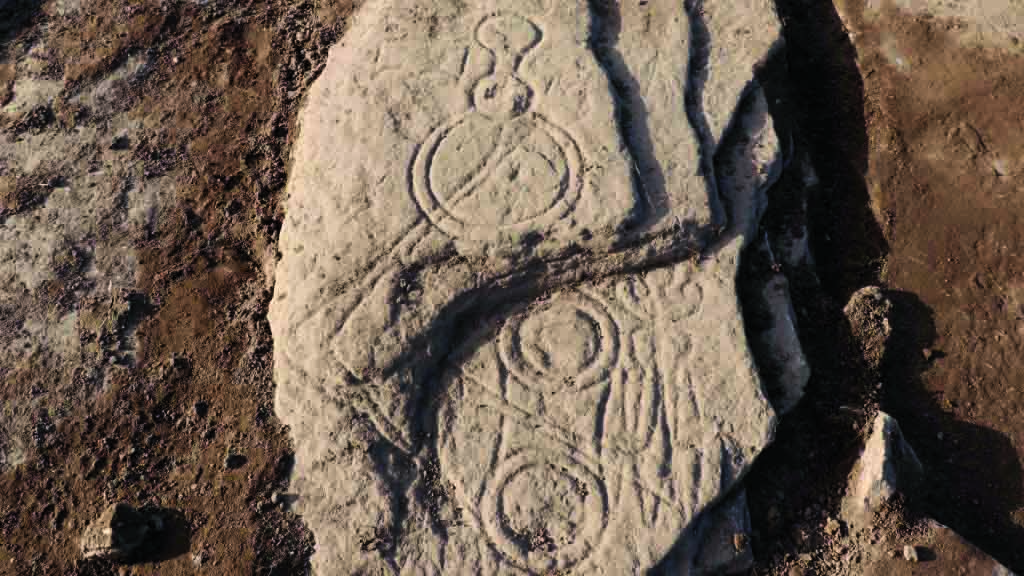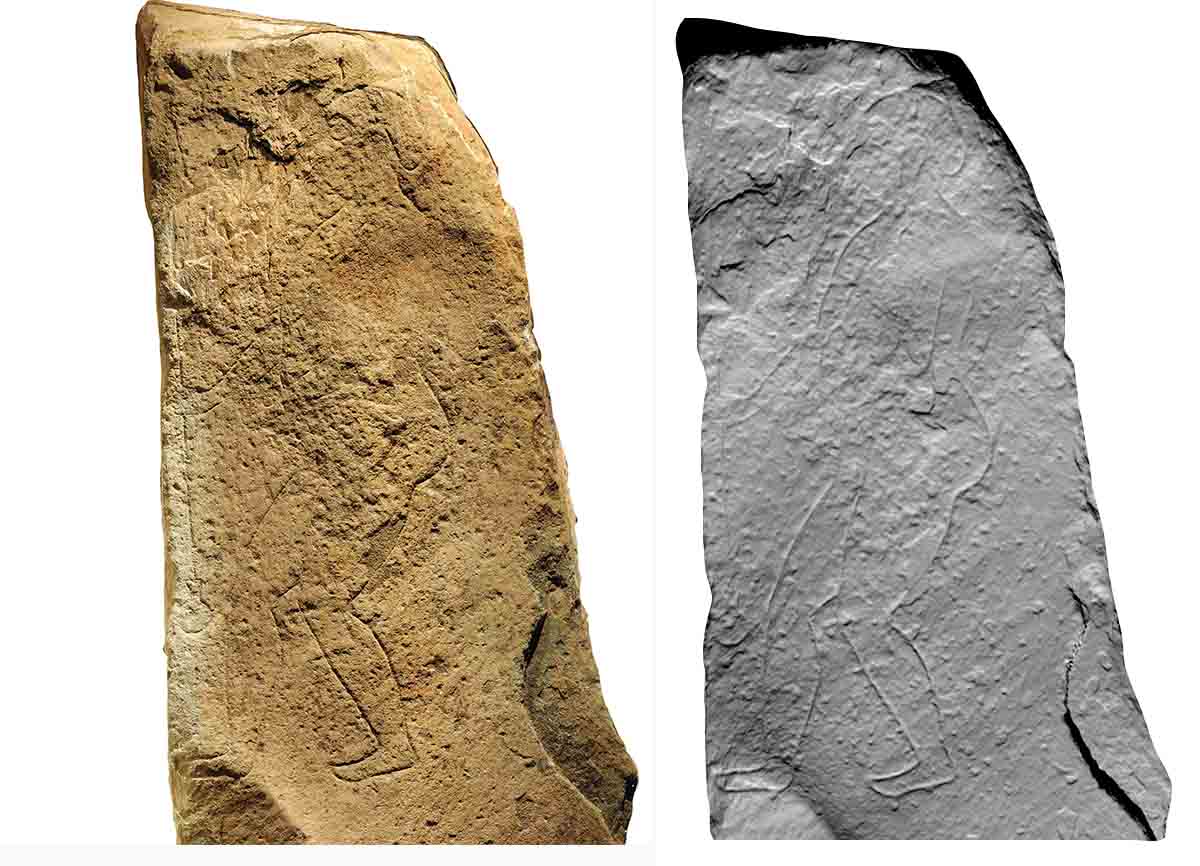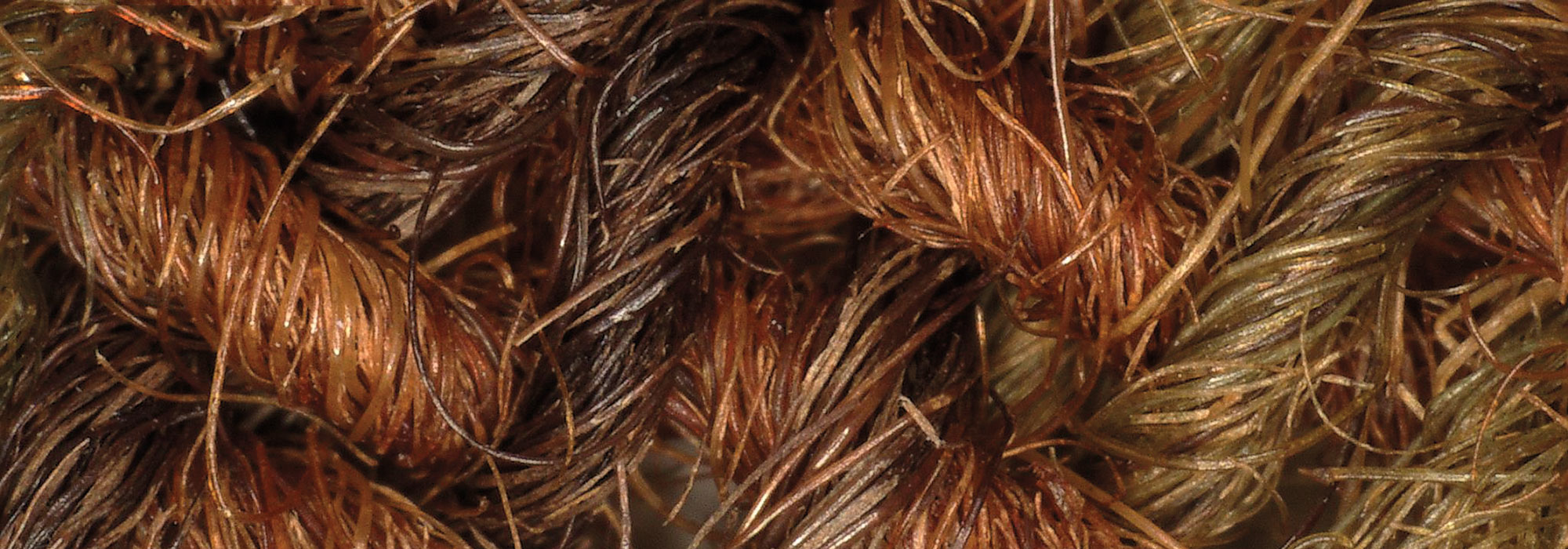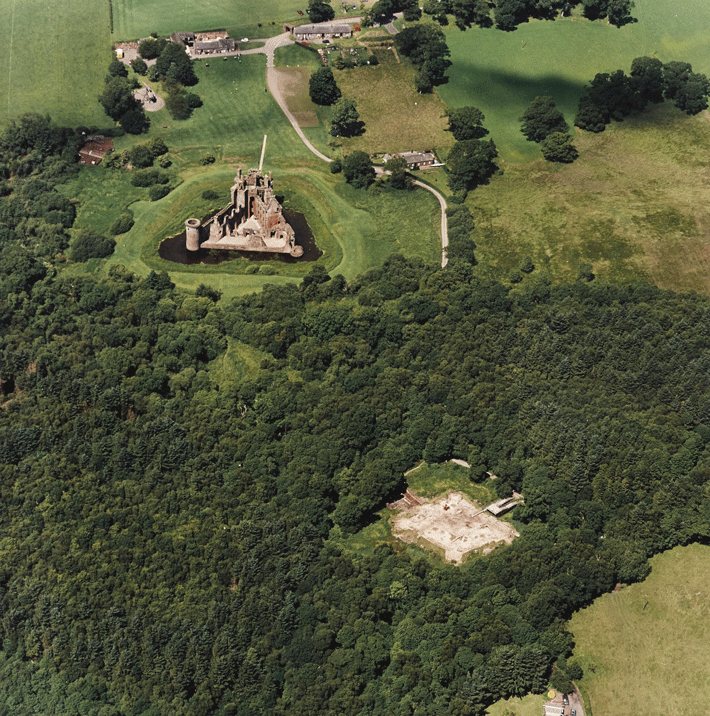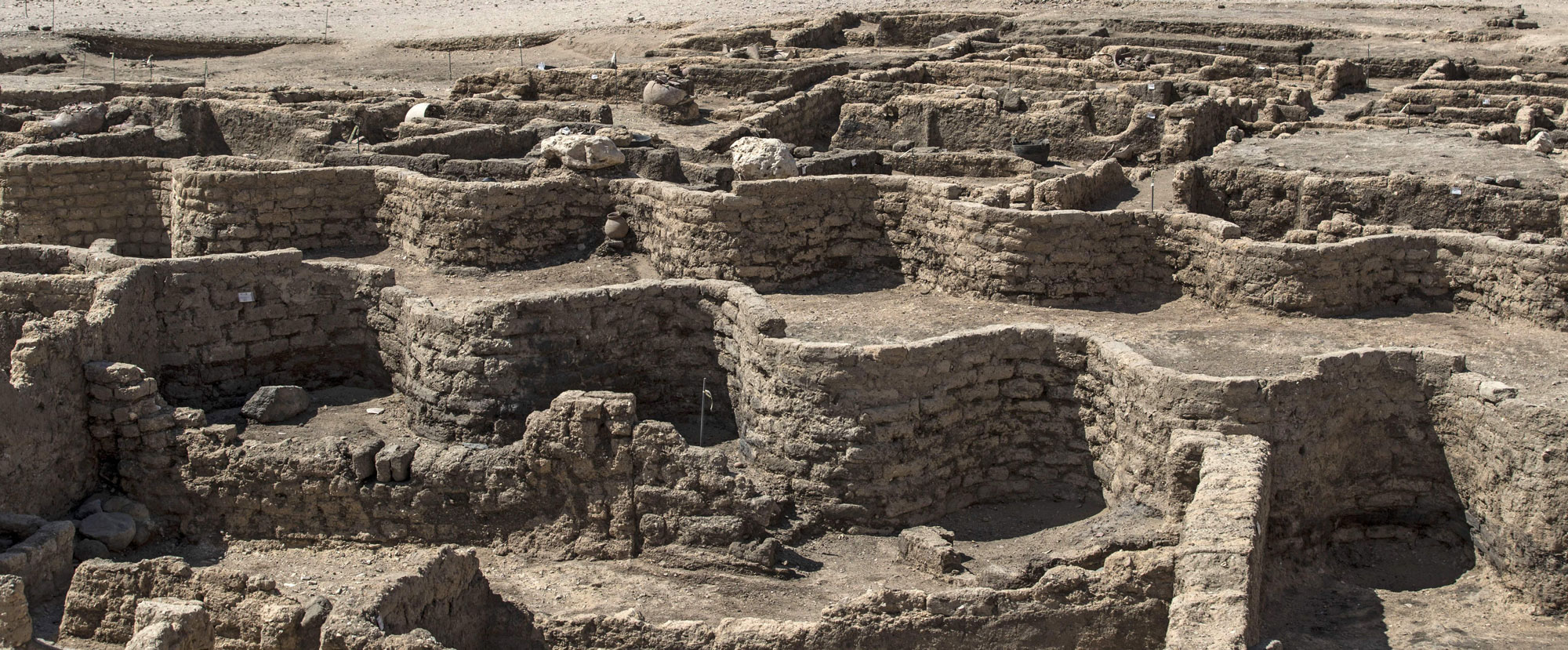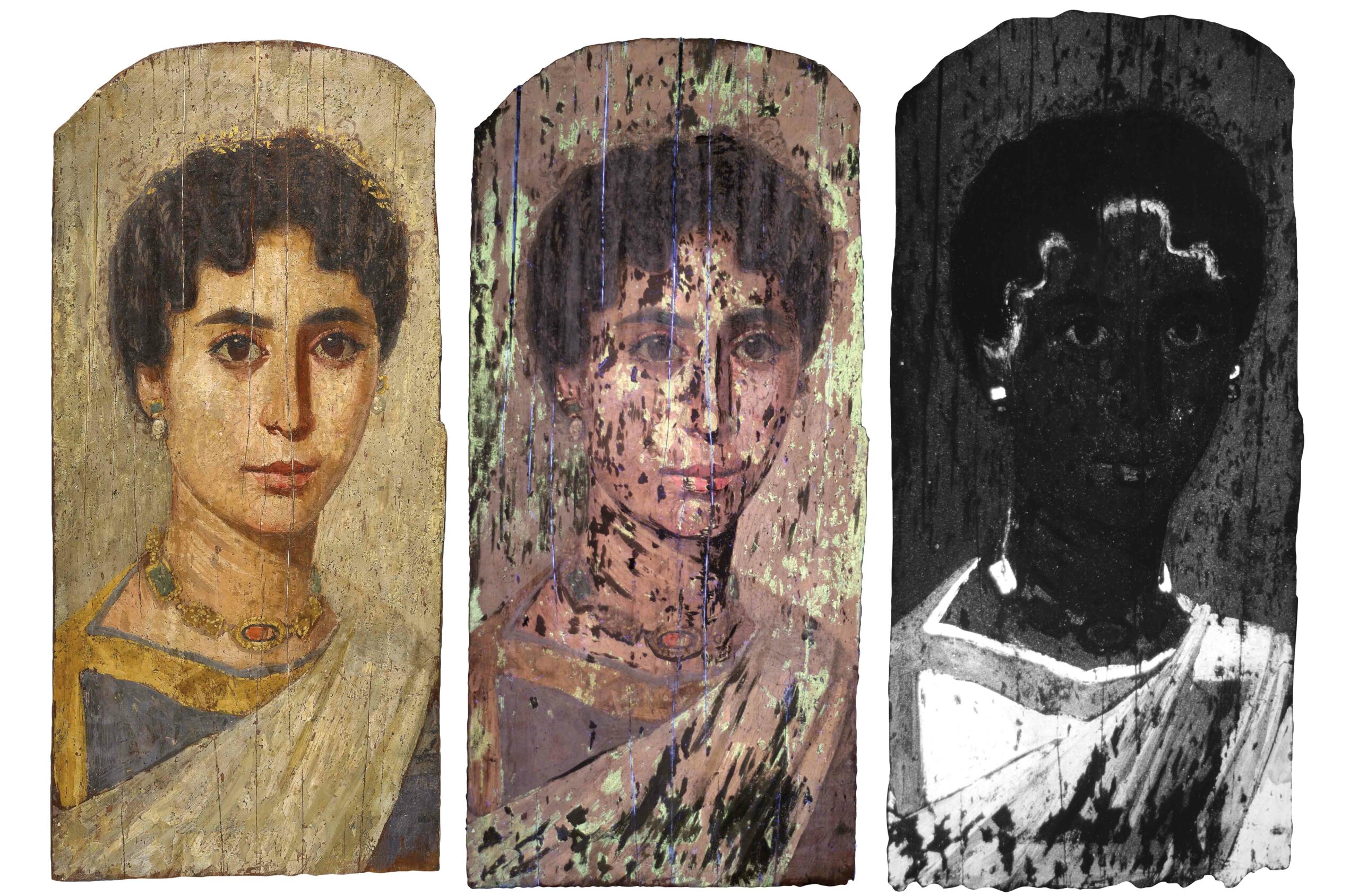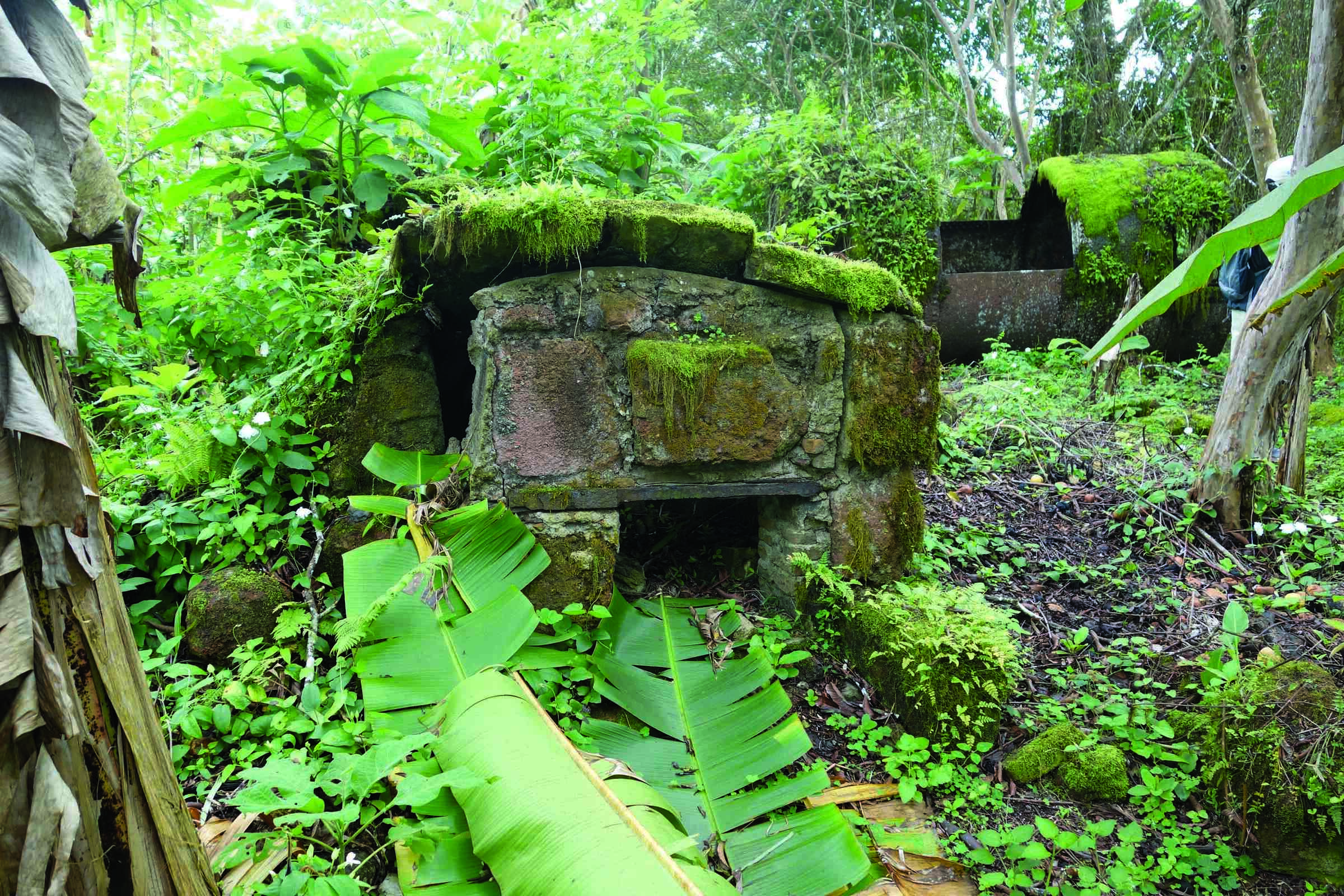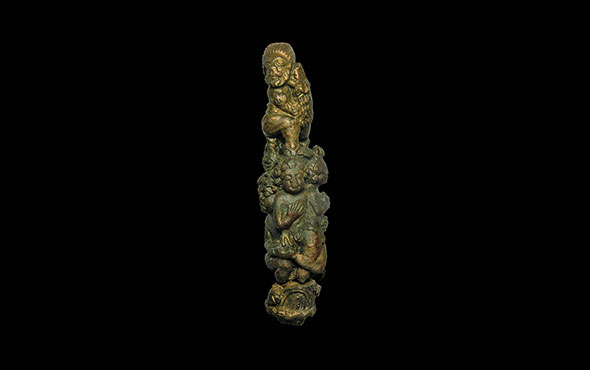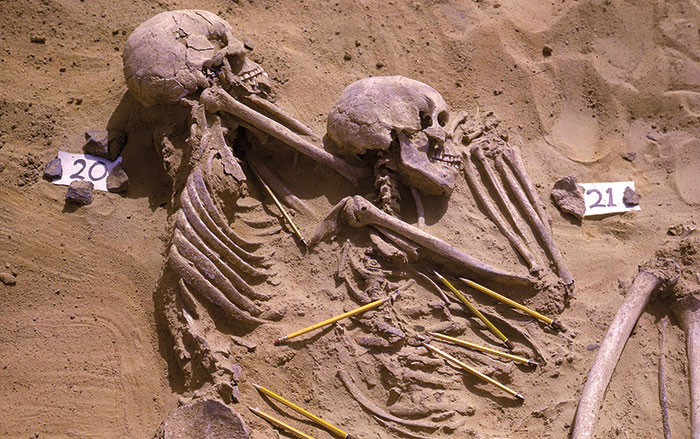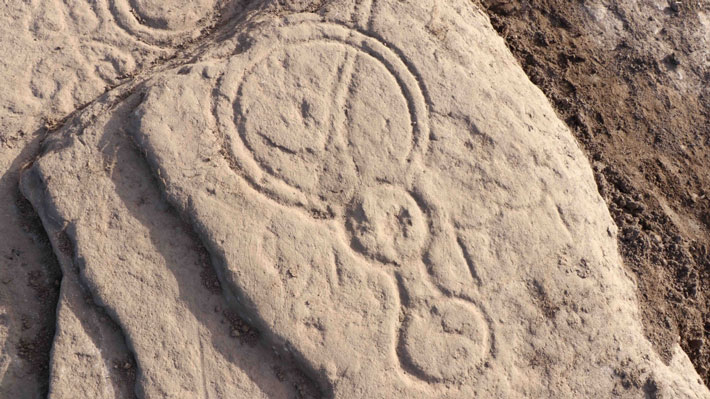
ANGUS, SCOTLAND—According to a statement released by the University of Aberdeen, a five- and one-half-foot-long stone carved with Pictish symbols was found when a team of researchers led by Gordon Noble dug a test pit in a field in Aberlemno, an area of central Scotland known for its collection of Pictish standing stones. The test pit was dug to begin the investigation of a settlement at the site. This carved stone, thought to date to the fifth or sixth century A.D., had been reused in the eleventh or twelfth century as part of the floor surface of a large building. The building is thought to rest on settlement layers dating back to the Pictish period, Noble explained. The images on the stone include triple ovals, a comb and mirror, a crescent and V rod, and double disks. Some of the symbols were carved on top of other images, which suggests the images may have been created at different times. The discovery could shed new light on how the Picts used the landscape. To read more about the Picts, go to "Letter from Scotland: Land of the Picts."


